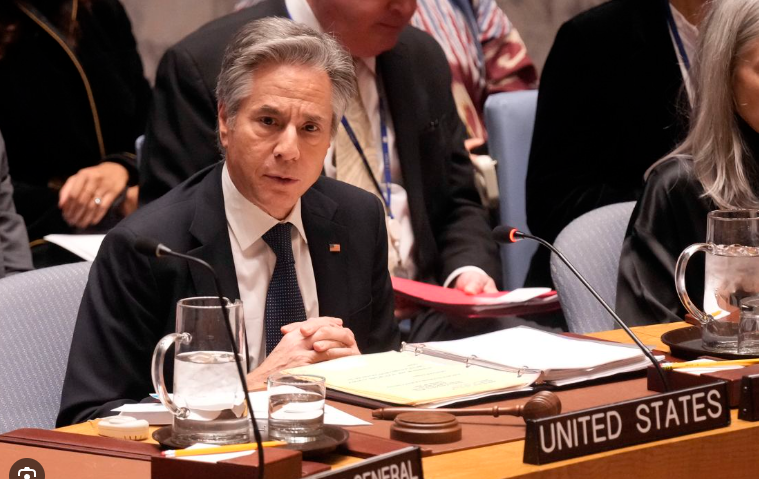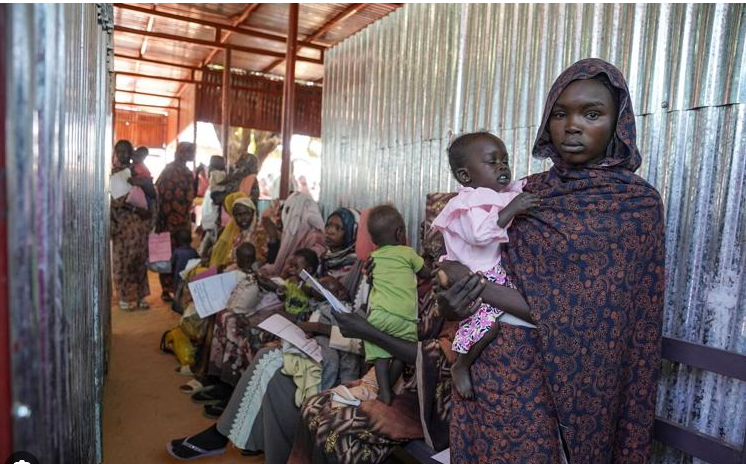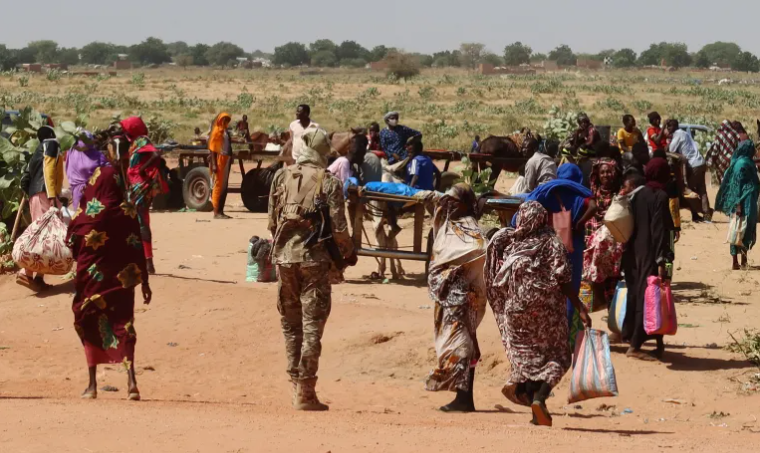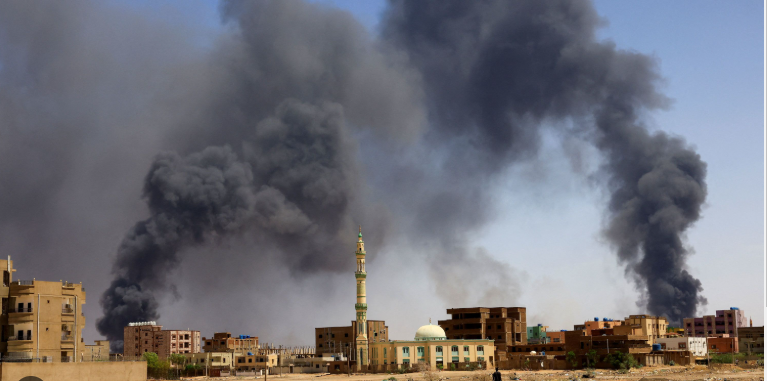Sudan, a country marred by years of conflict and political instability, is once again grappling with the horrors of genocide. In recent news, reports have emerged of widespread violence and targeted killings of certain ethnic groups, prompting international outcry and concerns about the country’s future. But how did Sudan get to this point? What factors have led to the resurgence of such atrocities in this troubled nation?
The History of Conflict in Sudan
To understand the present situation in Sudan, we must first delve into the country’s complex history of conflict. Sudan has been plagued by civil wars, ethnic tensions, and power struggles since gaining independence from colonial rule in 1956. The long-standing animosity between the Arab-dominated government in the north and various rebel groups in the south has fueled decades of violence and instability. Additionally, issues such as resource scarcity, poverty, and corruption have further exacerbated the situation, creating fertile ground for conflict to thrive.

Rise of Genocide in Sudan
One of the most infamous chapters in Sudan’s history is the Darfur genocide, which began in the early 2000s and resulted in the deaths of hundreds of thousands of people. The conflict in Darfur was fueled by a combination of factors, including competition for scarce resources, ethnic tensions, and political power struggles. The Sudanese government, under then-President Omar al-Bashir, stands accused of orchestrating the genocide by arming and supporting Arab militias known as the Janjaweed, who targeted non-Arab ethnic groups in the region.
International Response
The international community has been quick to condemn the recent reports of genocide in Sudan, with calls for immediate action to protect vulnerable populations and hold perpetrators accountable. However, past efforts to address conflict and violence in Sudan have been met with limited success, highlighting the challenges of navigating the country’s complex political landscape.

What Can Be Done to Address the Crisis in Sudan?
In the face of ongoing violence and human rights abuses, it is clear that a coordinated and sustained effort is needed to address the crisis in Sudan. Diplomatic pressure, targeted sanctions, and support for peacebuilding initiatives are all crucial components of a comprehensive strategy to promote stability and prevent further atrocities. Additionally, humanitarian aid and assistance must be provided to those affected by the conflict, ensuring that basic needs such as food, shelter, and medical care are met.
In conclusion, the declaration of genocide in Sudan is a stark reminder of the country’s turbulent history and the urgent need for sustained international engagement to address the root causes of conflict and violence. By understanding the historical context and complexities of the situation, we can work towards lasting peace and stability in this troubled nation.


